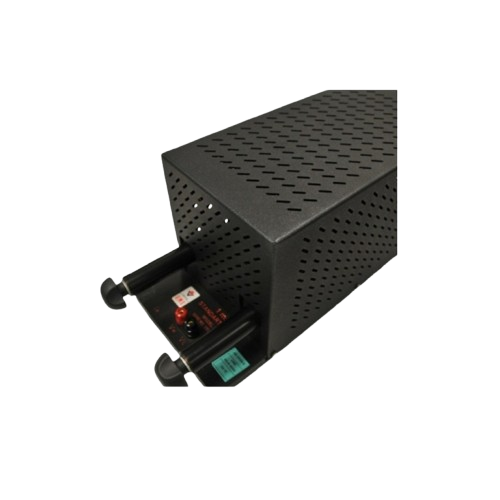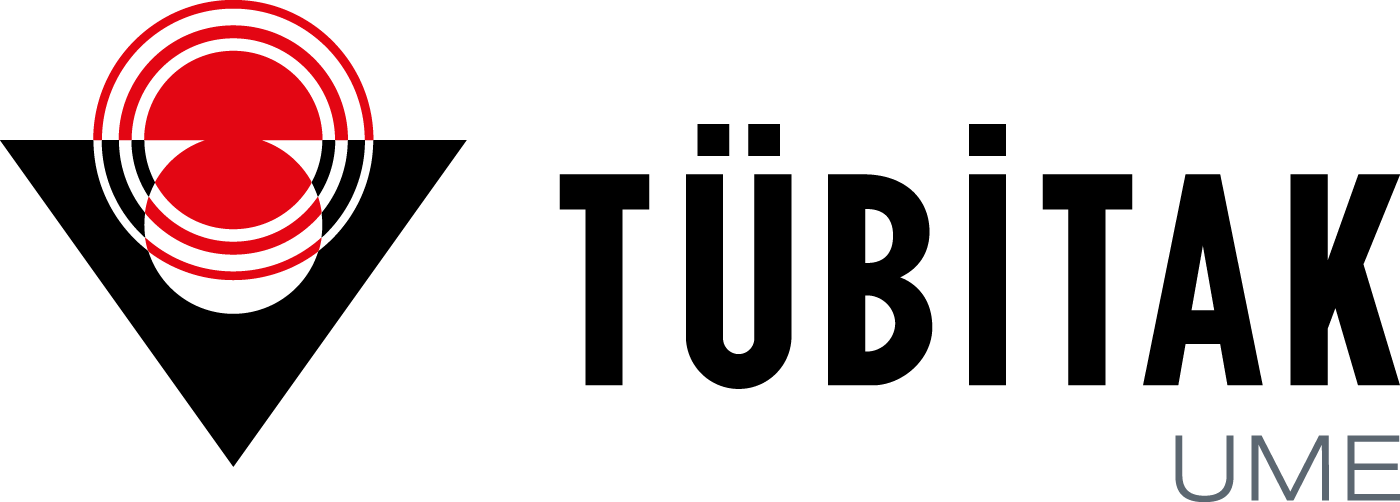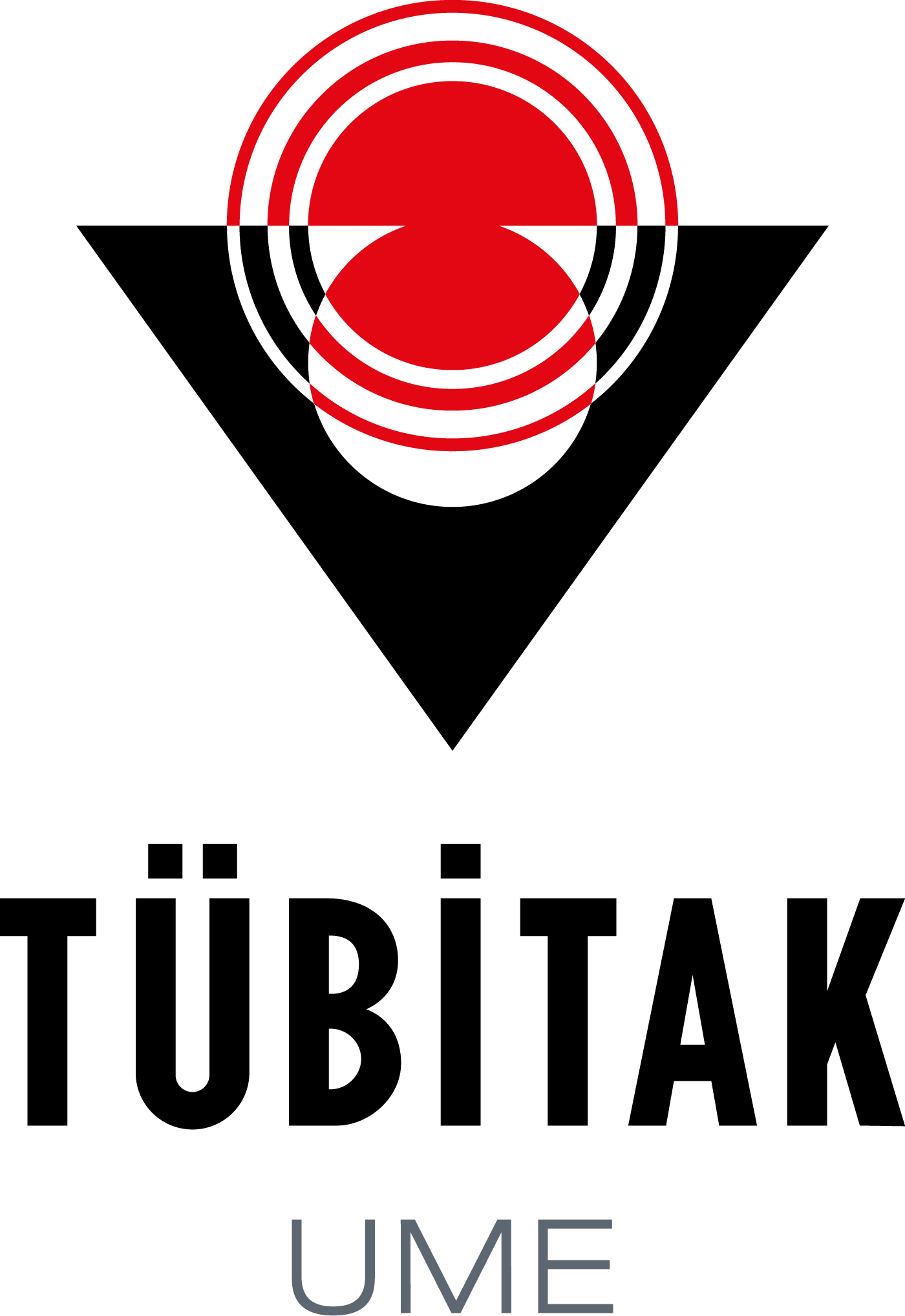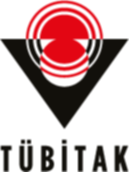UME
Voltage Laboratory
About Us
The Voltage Laboratory is responsible for establishing and maintaining national standards for voltage and current measurements, transferring their accuracy to secondary laboratories through calibration and comparison, and ensuring international recognition of measurements through international laboratory comparisons.

Fields of Activity
The Voltage Laboratory performs DC voltage, AC voltage, DC current, AC current measurements. Voltage Laboratory Calibration Capabilities are given in the table.
| Size | Measurement Range | Uncertainty (k=2, 95 %) |
|---|---|---|
| DC Voltage | 0 V - 1000 V | 15 nV - 1.5 µV/V |
| AC Voltage |
2 mV - 1000 V (10 Hz-1 MHz) |
(3 - 670) µV/V |
|
0.2 V - 50 V (1 MHz-100 MHz) |
(55 - 3300) µV/V | |
| DC Current | 10 µA - 100 A | (10 - 50) µA/A |
| AC Current |
100 µA - 20 A (10 Hz-100 kHz) |
(10 - 270) µA/A |
Services Provided
Calibration / Testing Services
Training Services
Device Manufacturing Services
Consultancy Services
Technical Hardware and Equipment
Josephson Voltage Standard (JGS) Systems
- 10V Classic JGS
- 1V Liquid Helium JGS
- Programmable JGS with 10V Cryogenic Cooler
DC Voltage Traceability Chain
- Voltage Standards with Zener Diodes
- Multifunctional Calibrators and Meters
- Customer Measurement Devices
DC Current Measurement Systems
- Quantum Hall Resistance
- Voltage and Resistance Traceable Standards
AC Measurement Systems
- Traceability with Thermal Inverters
- AC-DC Shunt and Series Special Resistors
Calibration Service Provided Devices
- Multifunctional Calibrators and Meters
- Voltage Dividers
- AC/DC Current Shunts
- Signal Sources, Electronic Simulators
- Oscilloscopes
PHYSICS GROUP
Accreditation and Certificates
All calibration services provided by the Voltage Laboratory are within the scope of TÜBİTAK UME Quality Management System established in accordance with TS EN ISO/IEC 17025 "General Requirements for the Competence of Testing and Calibration Laboratories" standard. TÜBİTAK UME Quality Management System and its competence in calibration are audited by the Technical Committee on Quality (TC-Q) established by the European Association of Metrology Institutes (EURAMET). In addition, the Voltage Laboratory has been accredited by the Turkish Accreditation Agency (TÜRKAK) according to TS EN ISO/IEC 17025 standard with a wide scope including calibration services (Accreditation No: AB-0034-K).
The details about the laboratory comparisons and best uncertainties can be found BIPM KCDB database.
PHYSICS GROUP
Projects and Collaborations
Projects carried out within the scope of the European Metrology Program in which the Voltage Laboratory is involved:
- SRT-f16 SuperQuant "Microwave metrology for superconducting quantum circuits", 2021- 2024
- 23NRM SBS Uncert, "Support for standardization of sample-by-sample waveform uncertainty calculation", 2024-2027
- 23RPT01 WAC, "Wideband AC quantum traceability", 2024-2027
- 22DIT01 ViDiT, "Trustworthy virtual experiments and digital twins", 2022-2025
The Voltage Laboratory also works on national projects such as the application of high-precision analog-to-digital and digital-to-analog converters (ADC, DAC) with quantum voltage standards (Programmable Josephson Voltage Standard and Josephson Arbitrary Waveform Synthesizer) and the development of new scaling devices to ensure traceability of AC voltage via quantum standards.
For more informationContact Us
Email: ume@tubitak.gov.tr
Phone: 0 (262) 679 5000





